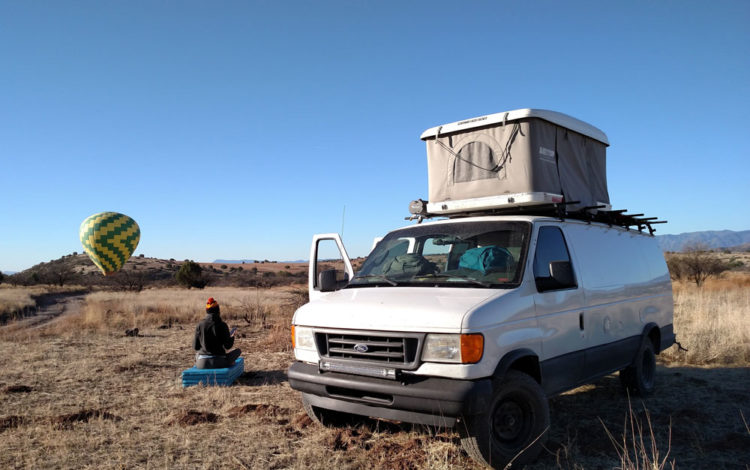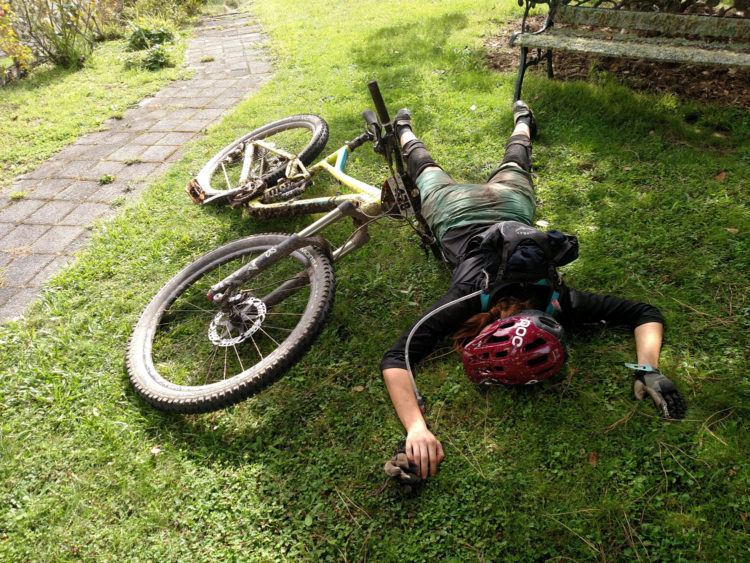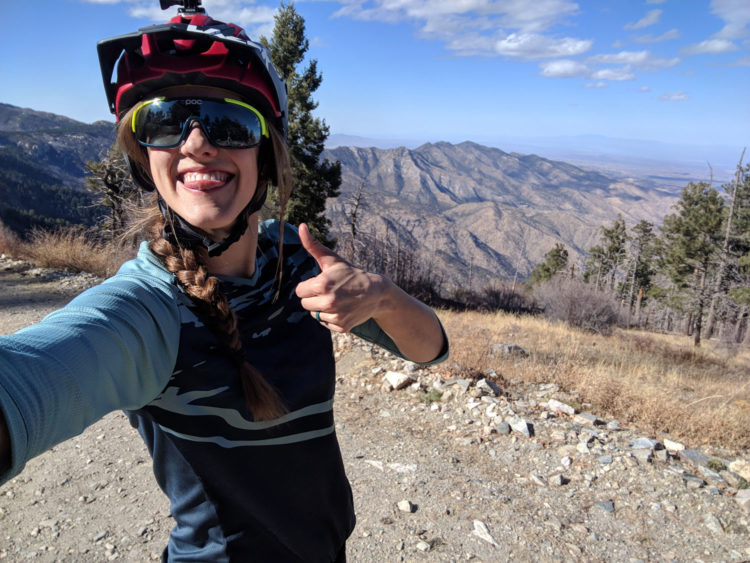I’ve learned a lot about being an athlete through meditation. Or rather, I’ve learned a lot about being an athlete through the process of failing and succeeding and failing and succeeding to cultivate a daily meditation practice over the past two years.
I’ve learned to let go of progress as my barometer for success. I’ve learned to sit still (ish) for ten to fifteen minutes a day. But most importantly, I’ve learned to fail.
I fail to keep my mind in check. I fail to focus on my breath. I fail to count my breaths, or if I do succeed at this, I lose count at five or six. If I make it past five or six I usually forget that I was going to start over at 10 and go until 14 or 15 until I realize my mistake. I fail to visualize warm sunlight filling me up from the tips of my toes to the top of my head. Sometimes I visualize the warm sunlight starting at the top of my head and going the wrong way. Sometimes I visualize it outside of my body completely. Usually I visualize the steaming mug of coffee I will drink when all of this is over, or the witty retort I’m going to make to that rude YouTube comment about how my voice sounds weird.

And occasionally I fail because a hot air balloon lands 100 yards away while I’m trying to meditate…
But for 88 days in a row (the Headspace App conveniently keeps track of this for you, which adds an extra layer of guilt to skipping a day), I have sat down in the morning and failed. I have never once made it through a ten minute session without at least once thinking “oh shit what am I supposed to be doing right now? empty mind? warm sunlight? counting breaths? Get it together, Syd!”
But here’s a thing someone told me about meditation once — “the only way to be bad at meditation is to not meditate.” In other words, if you are showing up and sitting, then you are doing all that is required. It’s kind of like being an athlete. If you’re showing up and doing your training and putting in the work, then you are an athlete. All those other details like results and rankings and mile times are irrelevant. You don’t have to be an Olympian to be an athlete. And you don’t have to be a monk to meditate.
Meditation teaches you to fail and to put those failures into perspective. The bigger failure, it teaches you, is to dwell on those failures and let them affect the present moment. So you were supposed to be focused on your breath and instead you’re thinking about what you’re going to make for dinner? That failure is already in the past so who cares? Let it go. Focus on your breath NOW. So you were supposed to do a workout yesterday but life happened and the workout didn’t? Who cares, let it go, do the workout NOW. So you crashed in the top corner of the first stage? Who cares, let it go, race your best NOW.
Is this the lesson you’re “supposed to” glean from meditation? I don’t know. It certainly “seems” like most other people are better at sitting still and connecting with their inner-breath. Then again, isn’t the entire point of meditation letting go of all those “supposed-to”s and “seems”s and just focusing on what is?
So maybe the path to “enlightenment” is not as complicated as we make it sound. Maybe it’s just showing up, day after day, failing, and then — without judgement — starting again.
A few weeks ago I stumbled upon this sentence in a book I was reading, and it kind of summed up everything I’ve been trying to say with this post.
“We don’t sit in meditation to become good meditators. We sit in meditation to so that we’ll be more awake in our lives.” (From When Things Fall Apart by Pema Chodron)
And maybe, at the end of the day when I peel away my goals and results and rankings and all that external bullshit, I don’t really ride bikes to be a “good” athlete, either. Maybe I just ride to be more awake in my life. And maybe that’s enough.


